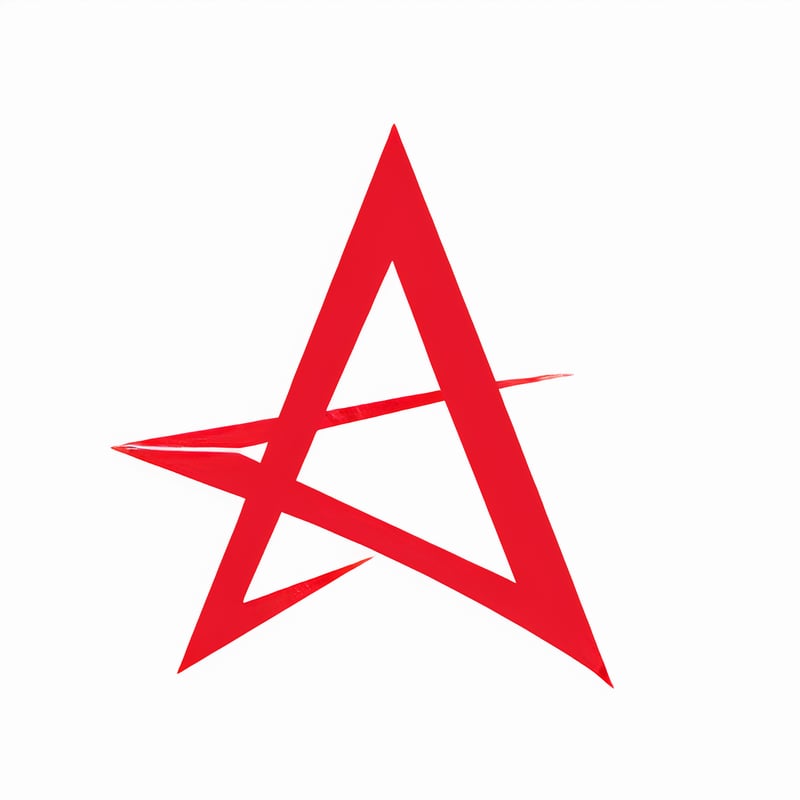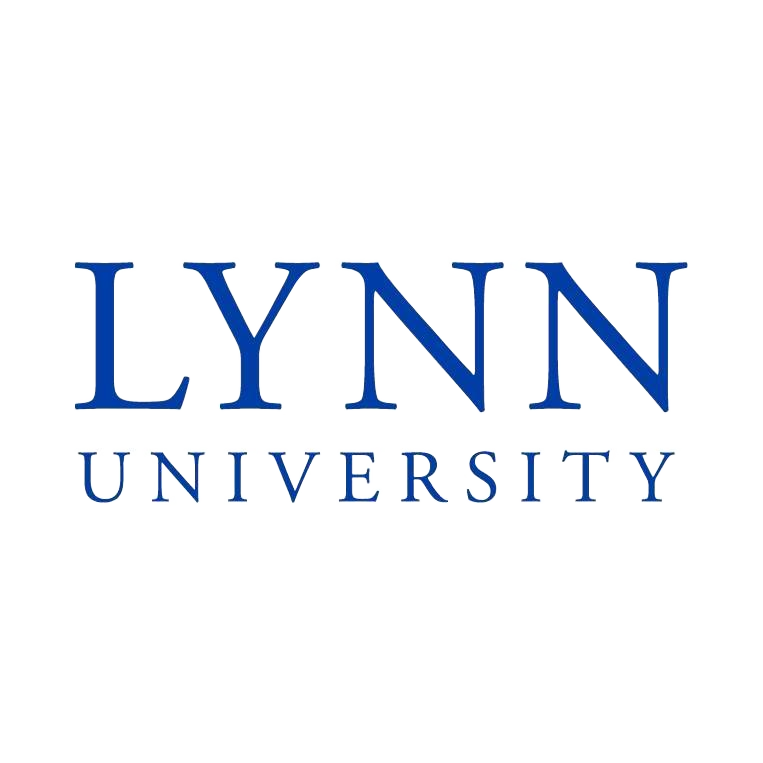
Financial aid (may be available)

Financial aid (may be available)

No cost info

No cost info

Financial aid (may be available)

Financial aid (may be available)

Financial aid (may be available)

Financial aid (may be available)

Financial aid (may be available)

Financial aid (may be available)

Financial aid (may be available)

No cost info
“I was searching a way to get back in school... with one click I was able to find more information.”
Christina T
Fort Myers, FL

No cost info

Financial aid (may be available)

Financial aid (may be available)

Financial aid (may be available)

Financial aid (may be available)
No cost info
No cost info
No cost info

Financial aid (may be available)
$649 total
No cost info
No cost info
Financial aid (may be available)

No cost info

$4,995 total
Are you interested in pursuing a career in Human Resource Administration? If you live in Austin, Texas, you're in luck! There are several options for Human Resource Administration classes near you. In this blog post, we will discuss what Human Resource Administration is, the training requirements, what to look for in a class, what to expect from the day-to-day class, the certification process, how to find related jobs, and other classes you can take after becoming a Human Resource Administrator.

Human Resource Administration involves managing the people within an organization. This includes tasks such as recruiting, hiring, training, and managing employees. Human Resource Administrators also handle employee benefits, payroll, and performance evaluations. They play a key role in ensuring that an organization's employees are well taken care of and that the organization is in compliance with employment laws and regulations.
To become a Human Resource Administrator, you will need to complete a training program in Human Resource Administration. These programs are typically offered at vocational schools, community colleges, and online platforms. The length of these programs can vary, but they generally range from several weeks to several months.
To be eligible for these training programs, you will typically need to have a high school diploma or GED. Some programs may also require you to have prior work experience or a bachelor's degree in a related field.
When choosing a Human Resource Administration class, there are several factors to consider. Here are some things to look for:
Accreditation: Ensure that the training program you choose is accredited by a reputable accrediting body. This ensures that the program meets certain standards of quality and that the certificate or diploma you receive upon completion will be recognized by employers.
Curriculum: Review the curriculum of the training program to ensure that it covers all the necessary topics and skills you will need as a Human Resource Administrator. Look for classes that cover topics such as recruitment and hiring, employee benefits, labor laws, and payroll.
Practical Experience: Hands-on experience is crucial in any vocational training program. Look for classes that offer opportunities for practical training, such as internships or simulated workplace environments.
Flexibility: Consider your schedule and availability when choosing a class. Look for programs that offer flexible scheduling options, such as evening or weekend classes, or online courses that allow you to learn at your own pace.
Once you enroll in a Human Resource Administration class, you can expect to learn a variety of skills and topics related to managing human resources. Here are some things you can expect from the day-to-day class:
Classroom Instruction: You will attend lectures and participate in discussions led by experienced instructors. They will cover topics such as recruitment and hiring, employee benefits, labor laws, and payroll.
Hands-on Training: Depending on the program, you may have the opportunity to gain practical experience through internships or simulated workplace environments. This hands-on training will help you apply the knowledge and skills you have learned in real-world scenarios.
Group Projects: Collaborating with your classmates on group projects is a common practice in vocational training programs. These projects will allow you to work as part of a team and develop your communication and problem-solving skills.
Assignments and Assessments: You will be given assignments and assessments to evaluate your understanding of the material covered in class. These may include quizzes, exams, papers, or presentations.
After completing a Human Resource Administration training program, you may have the opportunity to obtain a certification. While certification is not always required for employment, it can enhance your credentials and increase your job prospects. The certification process typically involves the following steps:
Eligibility: Check the requirements of the certification you are interested in to ensure that you meet the eligibility criteria. This may include having a certain level of education or work experience.
Exam: You will need to pass a certification exam to demonstrate your knowledge and competency in Human Resource Administration. The exam may cover topics such as recruitment and hiring, employee benefits, labor laws, and payroll.
Application and Fees: Complete the certification application and pay the required fees. This may include an application fee, exam fee, and annual certification maintenance fee.
Continuing Education: Many certifications require you to participate in continuing education activities to maintain your certification. This ensures that you stay up-to-date with the latest trends and developments in the field.
Once you have completed your Human Resource Administration training and obtained any necessary certifications, you will be ready to start your job search. Here are some tips for finding related jobs:
Online Job Boards: Utilize online job boards such as Indeed, LinkedIn, or Glassdoor to search for Human Resource Administration positions in your area. These platforms allow you to filter by location, experience level, and other criteria to find job opportunities that align with your qualifications.
Networking: Connect with professionals in the field through networking events, industry conferences, or online communities. Networking can help you uncover hidden job opportunities and get referrals from people who know and trust your skills.
Professional Associations: Joining professional associations related to Human Resource Administration can provide you with access to job boards, networking events, and professional development opportunities. These associations often have resources specifically for job seekers in the field.
Company Websites: Research companies in your area that you are interested in working for and visit their websites. Many companies post job openings directly on their websites before advertising them on external job boards.
Once you have become a Human Resource Administrator, there are several other classes you can take to further enhance your skills and knowledge in the field. Here are some options:
Advanced Human Resource Management: This class delves deeper into the strategic aspects of human resource management, including topics such as talent management, organizational development, and workforce planning.
Employee Relations: This class focuses on building and maintaining positive relationships between employees and management. It covers topics such as conflict resolution, employee engagement, and performance management.
Compensation and Benefits: This class explores the design and administration of compensation and benefits programs. It covers topics such as salary structures, incentive plans, and employee benefits packages.
Employment Law: This class provides an in-depth understanding of the legal framework surrounding employment. It covers topics such as discrimination laws, labor laws, and workplace safety regulations.
If you're interested in a career in Human Resource Administration and live in Austin, Texas, there are several options for training programs near you. Whether you choose to attend a vocational school, community college, or online platform, it's important to consider factors such as accreditation, curriculum, practical experience, and flexibility when choosing a class. Once you complete your training, obtaining certification can enhance your job prospects. Remember to utilize online job boards, networking, and professional associations to find related jobs. And if you're looking to further expand your skills, consider taking advanced classes in areas such as human resource management, employee relations, compensation and benefits, and employment law. Good luck on your journey to becoming a Human Resource Administrator!
If you're exploring options in this field in various locations, Dreambound's extensive guides are a great resource. We've got detailed insights for numerous cities. check out some additional guides below:
Contemplating a change in your career path? Dreambound has written many comprehensive guides to aid you in making well-informed decisions.
Dreambound's platform allows prospective students to find the right educational program for them through searching, filtering, and connecting with our extensive selection of career & technical education partners.
Dreambound has over 70 programs across healthcare, technology, business, and industrial trades. This includes programs such as Medical Billing, Cybersecurity, and welding.
Some of our schools offer financial aid for those who qualify. Many others offer payment plans, where you can pay the cost of class over time.
Yes, Dreambound offers many online programs. On Dreambound's search, you can filter by online, in-person, and hybrid (part online, part in-person).
Dreambound is completely free for you to use! We are supported by schools and organizations who pay to advertise on our website, so we can offer all of our career resources for free.